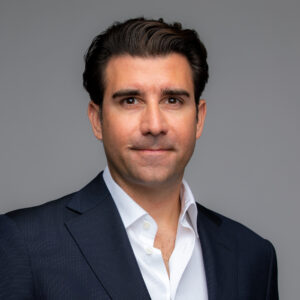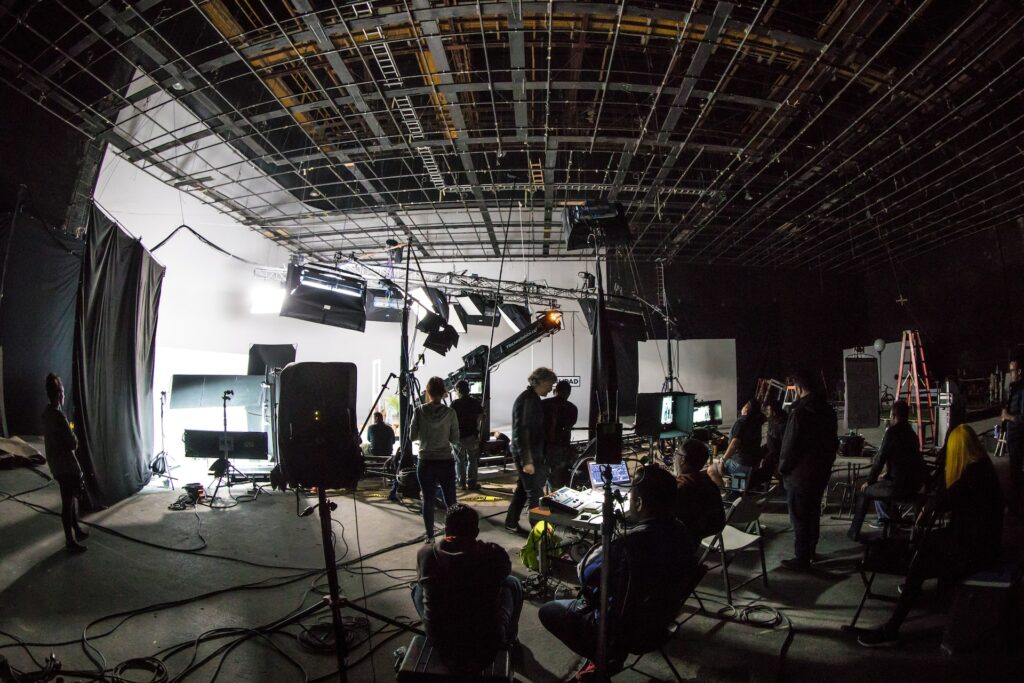
Alteon.io CEO: WGA Strike Ends, But M&E Technology Struggle Just Beginning
This week, after 148 days, the strike that paralyzed the production industry has finally ended.
Members of the Writers Guild of America (WGA) can finally return to work, having secured victories in a number of demands surrounding the use of artificial intelligence in Hollywood writers’ rooms.
The result: studios cannot use AI to rewrite original material; studios must disclose when AI has been used in the writing process; and writers can only use AI if their studio agrees to certain policies.
Given the seismic role of technology in this dispute, we at Alteon.io have been reflecting on the massive impact these advancements have had on our industry.
 In truth, neither side in this dispute has fully grappled with the increasing significance of technology in the creative field.
In truth, neither side in this dispute has fully grappled with the increasing significance of technology in the creative field.
Streaming and artificial intelligence have grown into inescapable realities of the media and entertainment industry — and we, as individuals, must fully understand the ramifications.
After the boom of ChatGPT and other AI-powered content-generation tools, writers have been justifiably worried that studios, focused on cost-saving cutbacks, will replace human screenwriters with generative AI.
Background actors are likewise worried about the impact of AI on their livelihoods, given how strong text-to-visual generative AI platforms like Midjourney and Stable Diffusion have become (as I write this, the actors’ strike has yet to be resolved, though that too may end in the coming days).
Realistically, computers will never replace writers or actors outright; while AI will likely take over some lower-level jobs, it has already begun to open up new jobs for writers and artists who specialize in AI prompts. What will be needed, as the WGA strike resolution proved, is transparency between both sides.
Unlike generative AI, the streaming revolution threw the industry into chaos — and has upended both writers’ rooms and studio executive offices alike. For writers, the faster-paced, lower-budget development cycle has led to “mini-rooms,” where lower-paid writers work quickly and in isolation, staunching career advancement opportunities by keeping them out of the main writing rooms. These junior writers — who get paid per project and are sent home promptly after — are treated, perhaps not coincidentally, much like generative AI bots.
The ultimate goal is a faster turnaround at a lower cost, but it would be unfair to lay the blame entirely at the feet of the studios. Their business model is broken. Disney+, Peacock, Paramount+, HBO Max and Discovery+ have collectively lost billions of dollars since the content boom of the pandemic. Direct-to-consumer streaming is a cash-poor business model.
But what’s the alternative? Box offices haven’t yet reached pre-pandemic ticket sales. Cord-cutters are fleeing cable TV in record-breaking numbers, with 2.3 million Americans canceling pay TV subscriptions in Q1 2023. And with streaming platforms themselves plateauing in popularity — around 85 percent of U.S. households already subscribe to at least one streaming service — companies such as Netflix feel forced to jack up prices and others added commercials.
 Somehow, despite content being created at record speeds, and the pandemic clearly demonstrating the incredible value of media entertainment, everyone in this industry appears to be losing money. This isn’t just an economic problem; it’s a technological one.
Somehow, despite content being created at record speeds, and the pandemic clearly demonstrating the incredible value of media entertainment, everyone in this industry appears to be losing money. This isn’t just an economic problem; it’s a technological one.
Our core belief is, and always has been, that technology has already advanced to the point that affordable, simpler solutions will ease market tensions. Technology’s democratizing power is not just the industry’s central problem — it is also the inevitable solution. Productions of all sizes can save money by streamlining their workflows, using AI where it can make a tangible difference (like organizing and meta tagging raw footage) and ditching offices for remote employees using better-than-ever videoconferencing and remote collaboration tools.
Platforms such as Alteon.io are already helping independent production companies save countless hours in data transferring and transcoding. Knowing how to leverage these tools is how these teams can maintain a competitive advantage.
Meanwhile, studios can staunch the bleeding by significantly reducing their bloated overhead costs. This isn’t just about oversized office spaces — this is about figuring out how to develop content in the 21st century.
This is about creating a more efficient culture, where digital files aren’t getting lost, and executives aren’t greenlighting bespoke software solutions for millions of dollars.
There are scalable turnkey solutions that could save these corporations money right now. But unfortunately, it takes time and vision to turn a ship that large.
 The dust has far from settled on what the media landscape will look like 10 years from now. We are likely heading into a world where small, agile, creative teams will simply work directly with distributors, exercising greater control over their art. Technology has been democratizing the media landscape for decades already: independent cinema was born of smaller, affordable cameras going mainstream; a thriving VCR market breathed new air into quiet films that became cult classics; YouTube was once a launching pad for no-name creators to break out.
The dust has far from settled on what the media landscape will look like 10 years from now. We are likely heading into a world where small, agile, creative teams will simply work directly with distributors, exercising greater control over their art. Technology has been democratizing the media landscape for decades already: independent cinema was born of smaller, affordable cameras going mainstream; a thriving VCR market breathed new air into quiet films that became cult classics; YouTube was once a launching pad for no-name creators to break out.
The streaming revolution may have destroyed the old media model, but there are undeniably more opportunities for storytellers to create personal, niche content, swinging open the doors for creators that speak directly to audiences seeing themselves represented unlike ever before. This new way of consuming content — and the benefits brought by artificial intelligence — are not going away.
Writers, actors and studio executives who feel threatened by these revolutions would do well to learn how to leverage them.
—–
Matt Cimaglia is the CEO and co-founder of Alteon.io, an award-winning platform that streamlines creative workflows for content creators of all backgrounds. An expert in cutting-edge technologies with more than two decades’ experience running his own creative agency, Matt stakes his reputation on a relentless commitment to every project he takes on. [email protected] // @alteon_io
